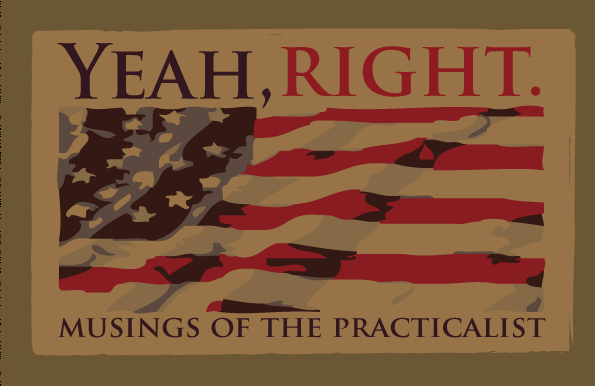Abstract first
Bato,
The notion that the founders did not intend for organized religion to be completely separated from government can be supported by the fact that for many years after the implementation of the Constitution, and even after the First Amendment, several states, including Virginia, I believe, continued to have a state sponsored religion. This can be attributed in part to the fact that the Fourteenth Amendment was not even a suggestion at the time. The Fourteenth Amendment had the effect of extending the protections of the Bill of Rights to the states. Prior to then, those protections applied solely to actions of the federal government. Therefore, individual states could continue to apply local laws and actions as their citizens would tolerate. (Unfortunately, this got out of hand, i.e. Jim Crow laws, which led to the Civil War and Reconstruction, etc., etc.)
Further evidence of the intent of the founders is still witnessed in the halls of Congress prior to every assembly, where a prayer is offered, as well as the traditional swearing in on the Bible, the official motto, etc.
They did not fear the effect of religion in general on the government. Rather, they respected the wishes of the citizenry to choose the society in which they wished to live.
Sadly, that has become less and less. Public schools had traditionally been governed by local communities. Unfortunately, racial bigotry and hatred forced the federal government to act. While smaller infringements had occurred prior to this, the civil rights movement exploded all traditional notions of the role of the federal government. The benefits of a more educated citizenry began to manifest itself, chipping more and more away at the arguments for state and local control.
At the same time, activists became less and less "religious," and having discovered the power of the courts in creating more immediate social change, it was only natural that the bastion of established religion would be the next area to come under attack. The tool of choice, of course, was the only branch of government that was not immediately responsible to the people. By taking it to the courts, those citizens who would be affected by the decisions would have no immediate recourse, effectively preventing them from voting on those issues.
Even though this thought is not a complete one, it will have to do for now. School has started back up again, which means life gets pretty hectic now. As much as I love this conversation, I will only be able to contribute to it every now and then.
One more thing, though... the definition of religion was the point of my original post on this topic. To discuss it is not a side trip, but sort of the whole purpose. Feel free to comment.








No comments:
Post a Comment